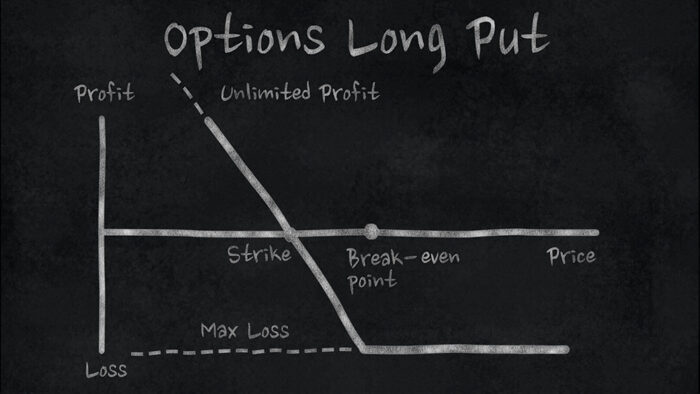Are we data dependent—or data delusional?
Right now, the stability of the stock market boils down to how investors view recent economic data suggesting that inflationary pressures might be easing.
If you believe the data, the market’s recent gains are legitimate. The Federal Reserve might raise rates less aggressively, which would help secure those gains and perhaps even create a meaningful foundation for a recovery rally.
Conversely, perhaps you believe that more information is needed beyond a smattering of bullish data points—and that the market’s gains might be evidence of widespread delusional thinking.
Unlike extreme stock declines, which frighten most people, hardly anyone ever complains about rising prices, even if the moves are extremely unusual. Last week’s 700-point gain in the Dow Jones Industrial Average looks like just such a socially acceptable type of volatility.
Rather than getting into a high-minded debate, let’s focus on some “known knowns” that are hard to dismiss. They should give investors even more reason to patiently wait for the market to reveal more of itself before reaching any firm conclusion about what 2023 holds in store.
Corporate earnings season has just begun. Investor expectations are dour, and it is hard to know whether sentiment is calibrated with reality. Extrapolating messages from earnings is also arguably more difficult this go-round than in the past.
For one thing, the current Fed leaders have become incredibly skilled at weaponizing words and compiling meeting minutes to keep investors on edge. The Fed’s rate-setting committee concludes a two-day meeting on Feb. 1. Expectations are high that rates will rise another half percentage point.
At the same time, the leaders of Goldman Sachs, who arguably know more than most investors most of the time, aren’t exactly signaling cheerfulness. Even as the firm’s analysts strain to find good news around U.S. companies, Goldman is laying off 3,200 staff members. Many other big companies are also reducing head count, which few do when they are optimistic about the future.
All of this adds up to one conclusion: You shouldn’t rush to act. Rather than buying this or that stock in anticipation of how investors react to the Fed or the avalanche of data that will hit the market, consider taking a step back.
In the absence of a clear trend, we recently suggested that investors consider renting stocks in the options market by buying calls. The approach risks less money than buying the associated stock, and that has merit in a time of risk.
But there is another approach, too. If you have stocks that you want to buy, think about trading cash-secured put options. The strategy entails reserving the amount of money needed to buy the stock in your brokerage account and then selling the associated put.
Consider a Moderna (ticker: MRNA) trade as a way to monetize the possibility that we are living in an age of viral pandemics that might require new medical treatments.
With the drugmaker around $187, the February $170 put could be sold for about $6.50. If the stock is above the strike price at expiration, you get to keep the put premium. The great risk is if the stock falls far below the put strike, which would obligate investors to buy the stock at the strike price, or adjust the position to avoid assignment.
During the past 52 weeks, Moderna has ranged from $115.03 to $228.50.
—
Originally Posted January 12, 2023 – The Stock Market Is Heating Up. Read This Before You Jump In.
Steven M. Sears is the president and chief operating officer of Options Solutions, a specialized asset-management firm. Neither he nor the firm has a position in the options or underlying securities mentioned in this column.
Disclosure: Interactive Brokers
Information posted on IBKR Campus that is provided by third-parties does NOT constitute a recommendation that you should contract for the services of that third party. Third-party participants who contribute to IBKR Campus are independent of Interactive Brokers and Interactive Brokers does not make any representations or warranties concerning the services offered, their past or future performance, or the accuracy of the information provided by the third party. Past performance is no guarantee of future results.
This material is from Barron's and is being posted with its permission. The views expressed in this material are solely those of the author and/or Barron's and Interactive Brokers is not endorsing or recommending any investment or trading discussed in the material. This material is not and should not be construed as an offer to buy or sell any security. It should not be construed as research or investment advice or a recommendation to buy, sell or hold any security or commodity. This material does not and is not intended to take into account the particular financial conditions, investment objectives or requirements of individual customers. Before acting on this material, you should consider whether it is suitable for your particular circumstances and, as necessary, seek professional advice.
Disclosure: Options Trading
Options involve risk and are not suitable for all investors. Multiple leg strategies, including spreads, will incur multiple commission charges. For more information read the "Characteristics and Risks of Standardized Options" also known as the options disclosure document (ODD) or visit ibkr.com/occ






















